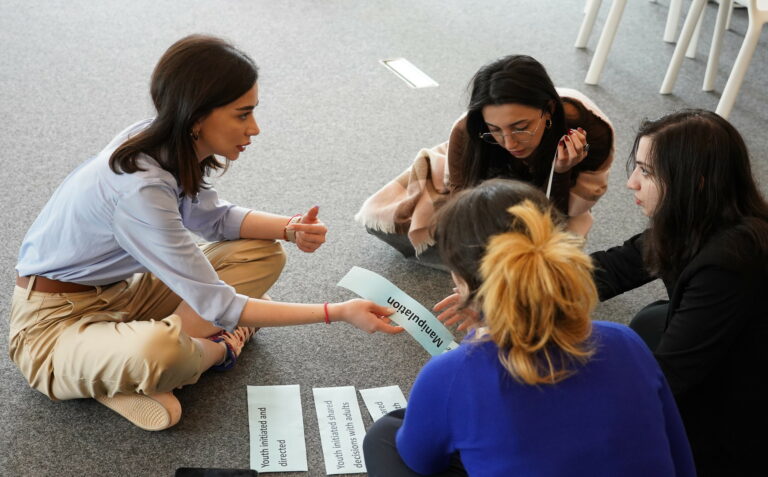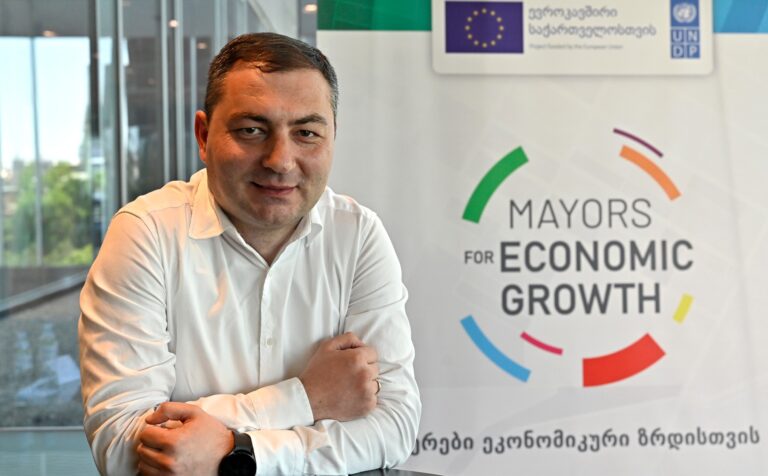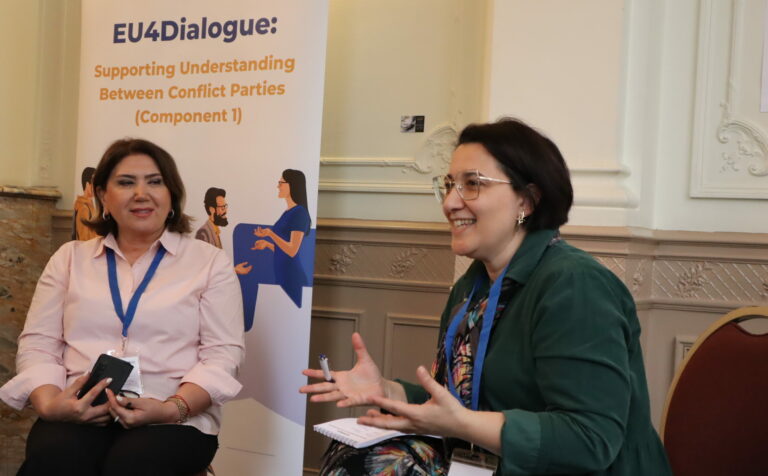
Civil servants in Georgia generally hold positive attitudes towards human rights and gender equality, says EU-supported survey
The United Nations Development Programme (UNDP), in cooperation with the EU and the Civil Service Bureau of Georgia, on 29 February presented a new study shedding light on prevailing attitudes towards human rights and gender equality in public service.
It analyses the attitudes of civil servants from 103 public institutions towards workplace equality practices within the public service, exploring perceptions of the fundamental values of human rights, equality and inclusion.
Findings show that Georgian civil servants express strong support for human rights and equality principles, advocating for robust state responses to violations and discrimination. However, the research also uncovers persistent stereotypes and prejudice influencing perceptions, particularly regarding gender roles, persons with disabilities, ethnic and religious minorities, and LGBTQI+ communities.
The research spotlights several human rights that civil servants consider most frequently violated in Georgia. These include the right to equality (40%), living in a healthy environment (32%), the right to life (31%), inviolability of personal and family life (25%), and inviolability of honour and dignity (25%).
Notably, sex-disaggregated data shows that female civil servants are better informed and more sensitive to issues faced by vulnerable groups. They demonstrate a better understanding of the legal needs of ethnic and religious minorities, LGBTQ+ persons and persons with disabilities.
Find out more
MOST READ
SEE ALSO

Borrell urges Georgian political leaders to withdraw draft law on foreign influence

EU4Youth Alumni Network hosts IdeaLab in Tbilisi

EU and UNDP launch Academy for Financial and Investment Readiness for Georgian municipalities

Voice Your Vision: Young European Ambassadors take part in European Forum of Young Leaders in Warsaw

Women’s international conference boosts local ownership and women’s participation in policymaking
More campaign pages:
Interested in the latest news and opportunities?
This website is managed by the EU-funded Regional Communication Programme for the Eastern Neighbourhood ('EU NEIGHBOURS east’), which complements and supports the communication of the Delegations of the European Union in the Eastern partner countries, and works under the guidance of the European Commission’s Directorate-General for Neighbourhood Policy and Enlargement Negotiations, and the European External Action Service. EU NEIGHBOURS east is implemented by a GOPA PACE-led consortium. It is part of the larger Neighbourhood Communication Programme (2020-2024) for the EU's Eastern and Southern Neighbourhood, which also includes 'EU NEIGHBOURS south’ project that runs the EU Neighbours portal.

The information on this site is subject to a Disclaimer and Protection of personal data. © European Union,







